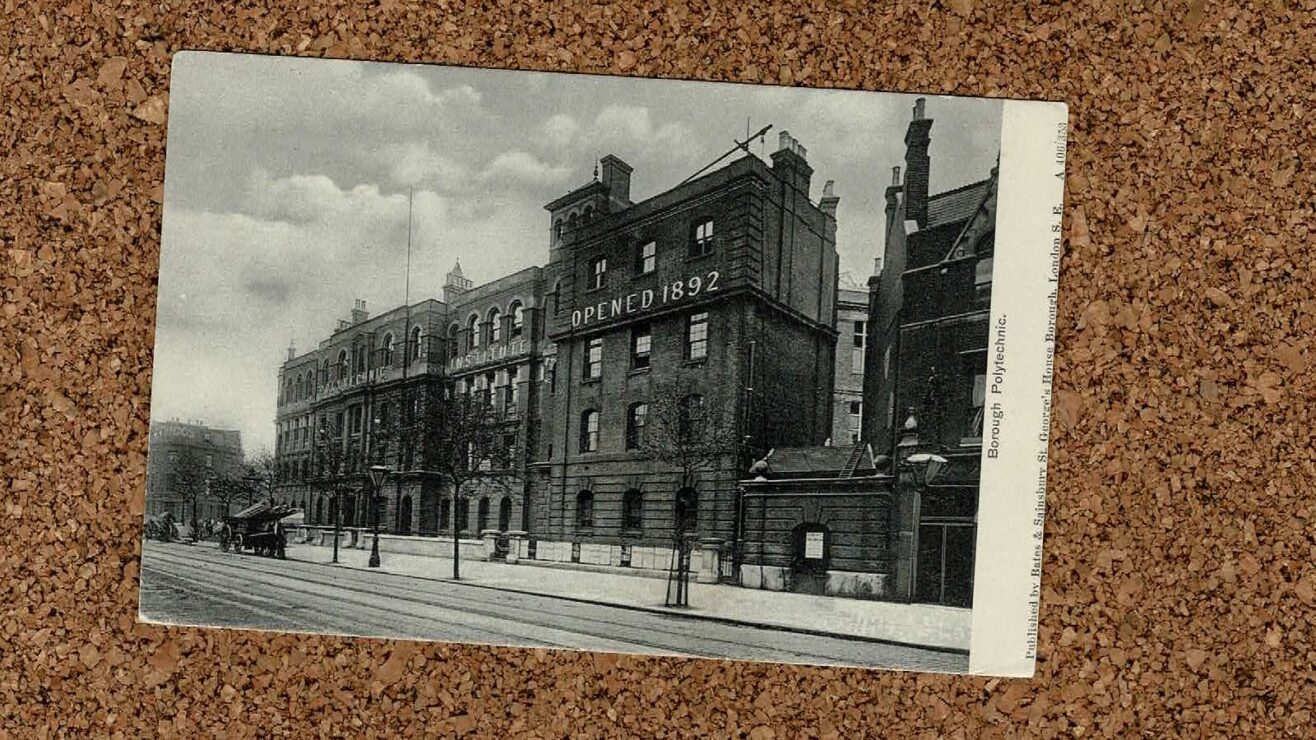University resources for care experienced students have improved, so why do many still feel they have “no one” supporting them?
Our research found that 27 percent of care experienced students identify their primary supporter as either “myself” or “no one”. Universities in England and Wales must strive to keep developing the support they offer those with experience of care.
The issue of care leavers’ access to HE has been under the spotlight recently, with the launch of the Care Leaver Covenant’s “Three Pillar” approach, and the pledge by Universities Scotland to offer guaranteed undergraduate places to care experienced applicants.
Although most universities in England and Wales seem cautious to make bold policy commitments, many are taking positive steps to support the inclusion of care experienced students. Often this includes access to extra resources such as pre-entry summer schools, bursaries and year-round accommodation.
Voices of students
Despite this, our research, which included the voices of 234 care experienced students in England and Wales, found that care leavers still struggle to access vital support along their HE journey. Over a quarter felt poorly supported financially. Others told us that they were not sure where to go to access support, or what they were entitled to expect. Over half had seriously considered dropping out of university due to struggles with health, money and managing their university workload.
In a climate of Widening Participation, in which universities are putting increasing effort into encouraging a more diverse range of applicants, why do so many care experienced students still feel cut adrift, with little access to support?
Communication is key
One of the primary issues highlighted in our research was that a number of care experienced students were reluctant to reach out and ask for support from their university. Often they had experienced turbulent journeys through local authority care, and received patchy support. They reported feeling previously let down by those in supportive roles.
One of the worst things that my social worker said to me when I was in care was … ‘I’m sorry I’ve not got the job done. I’ve got too many caseloads to be basically dealing with you’ that’s what she said”
(Charlotte)
When they arrived at university, many found that support available was not well communicated. University support systems appeared vague and faceless, particularly to students with a long history of dealing with bureaucratic processes. These students often missed out on accessing potentially helpful university resources.
They’ve offered me a “Care Leaver Package” … even now, I ain’t got a clue what it’s really about, “Care Leaver Package”, what’s included?”
(Marcus)
A handful of students told us how valued they felt by their university when support was offered and communicated to them in a way that they understood. Even small, thoughtful gestures, made by universities helped students to settle in and feel welcomed.
Uni makes it easier because they give you like all these opportunities for how to get settled in, they gave everyone a pack when they moved in and gave everyone leaflets… if you want to enquire about something and where to go to and stuff. Yeah, and they give you little tablets, washing tablets and so on”
(Chaman)
Care experienced students felt most supported when access to services was facilitated through personalised communication and one-to-one relationships with university staff, as opposed to simple signposting.
A dedicated champion
We joined with the Care Leaver Covenant to produce a series of recommendations for universities based on the evidence from our research. A cornerstone of these recommendations was the need for universities to provide a dedicated contact for care experienced students throughout their HE journey. One participant described the value of having an ally within the university who was consistently available for advice:
[She was] a point of contact for care leavers … I had a lot of contact with her during first year and obviously when I had this problem, and we built up a bit of a relationship. I kept in contact with her”
(David)
Many universities now have a member of staff whose role includes care leaver support. This is a positive step, but often this role is not adequately resourced to provide the level of support our participants indicated they needed. Most UK universities only have a small number of care experienced students. Resourcing enhanced support for these students isn’t an unrealistic undertaking, but their interests have not always been top of the agenda.
By signing up to the Care Leaver Covenant, universities can offer an institutional promise, signed at the highest level, to pledge their commitment to supporting care leavers. At an operational level, institutions need to provide their support services with adequate resources to enable them to respond to the needs of care experienced students.
We recommend that universities nominate a champion with specific knowledge about the needs of care-experienced students. A care leaver champion should be a well-resourced member of student services with the capacity to develop a personal relationship with students, and to advocate for them at an institutional level.
Because people access support in different ways, universities should be clear about the support that they are offering. We recommend that universities share their offer publicly and give clear examples of practical support available for students with care experience. Web pages should share a photograph and short bio of the care leaver champion and also share details of where care leavers can access additional support in times of crisis.
No care experienced student should feel that they have “no one”. Champions can be proactive in reaching out to students, to offer advice and support when it is most needed. Such support can make a vital difference in enabling care leavers to stick with their course, and achieve the results they deserve.















